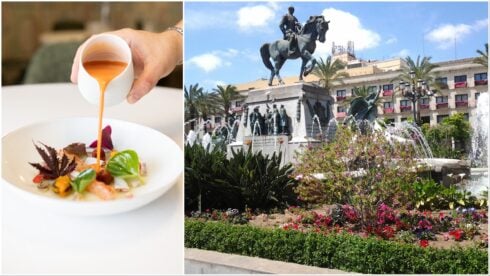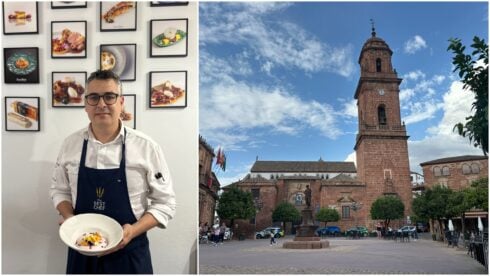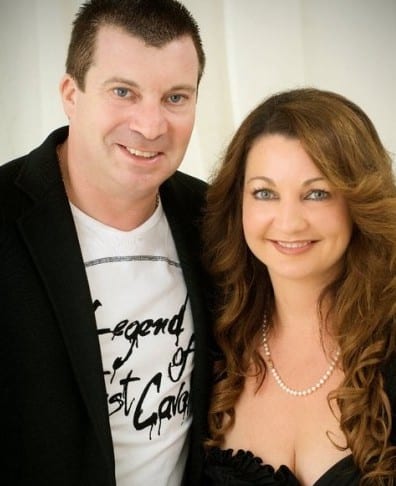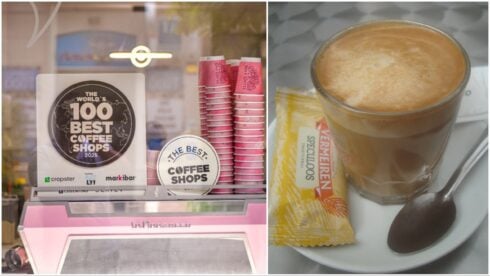YOU’D have to be a hermit not to notice that Spain has a strong drinking culture – from old men enjoying a morning ‘sol y sombra’ (anis and brandy), to builders downing their lunchtime canas, having a snifter is part of the culture.
Culturally, the Spanish enjoy a glass of wine with an evening tapa or two, followed by the cuba libres and copas (spirits and mixer) sipped at night. It’s simply part of life.
So it’s difficult to avoid participating in social drinking in Spain, and many of us expats who live here will have over-indulged during the festive season and continued into January.
Once started, bad habits can be difficult to stop, especially when they’re fun.
While some people attempt ‘Dry January’ or ‘Sober October’, for others, sobriety is a permanent choice for their mental and physical wellbeing.
The old stereotype of the alcoholic has been replaced with the knowledge that countless people have various stages of Alcohol Use Disorder (AUD).
This varies from the daily evening wine drinkers, who down a few just to relax, to those who binge heavily at weekends.
Alcohol misuse can lead to elevated liver enzymes (although Spain is surprisingly number 150 globally for this problem, according to WHO) and an increased risk of liver disease, liver cancer and other cancers.
Even on a less drastic level, heavy boozing can lead to weight gain, reduced sleep quality and lower energy levels.

The good news is that many online support groups can help you quit drinking, take a break, or simply cut down.
Take the social media group Sober Inspired Pirates, it offers daily support from a friendly community. Meanwhile Sober Sisters is targeted at women, while HAMS, also on Facebook, caters for those who want to reduce their consumption.
Apps for your phone include Dry Days, I am Sober and Sober Time. These enable you to track your progress and set goals such as ‘money saved’, ‘calories not consumed’, ‘goals reached’, ‘how many days you’ve managed to remain sober’, etc.
You can also print a simple calendar from the internet and mark your non-drinking days.
For those who cannot face socialising with fizzy drinks – or water – there are other options available, with Spain’s supermarkets selling alcohol-free versions of popular beverages.
The Olive Press decided to take a look at a selection of these drinks.
There are two main types of alcohol-free (AF) beer: 0.0%, with literally no alcohol, and ‘sin’, which generally contains about 0.4 to 1% alcohol and isn’t suitable for recovering alcoholics.
Adding to the choice, some of the AF beers are ‘tostado’ (toasted) with Ambar a gluten-free alternative, a joint favourite, alongside Alhambra.

Mahou is another good choice, while Radler is pretty refreshing.
Answering criticisms that alcohol-free beer ‘tastes different’, I conducted a blindfolded taste test featuring three AF beers, one real beer, and three willing participants.
Of the testers, only one (yours truly!) failed to identify the real beer in the set and found the AF options easier on the palate.
Of less success were the alcohol-free cavas available at my local supermarket. Codorniu tasted like a cross between cider and sour sweets and was discarded after a glass from all of us.
Freixenet was better but fell way short of the taste of its regular bottle.
With ‘mosto’ (grape juice), it pays to watch the sugar levels, but generally it was pretty decent. Castillo de Salobrena, in particular, was the nicest we tried.
My team unanimously liked the Maeloc AF cider, pronouncing it ‘delicious’ and ‘a real winner’. This is clearly a good choice for dinner parties.

The array of AF liquors in our large supermarket was dazzling, largely because of the bright colours created using food additives. Eek!
They are generally quite expensive and we bumped into a local chef who insisted that most of them are ‘disgusting’.
But we tried a couple and found that the Mayerling ‘melocoton’ drink was actually really nice and enjoyed by all three testers.
The hazelnut liqueur from Frutaysol was liked by two of us, and was OK in coffee.
My Top picks: Maeloc cider, Ambar sin gluten cerveza, Alhambra 0.0% and Mayerling.
READ MORE:
- Pubs running dry as driver shortage hits supply chain but beer will still be on the menu in Spain
- REVIEW: Style and substance after stunning overhaul of Madrid hotel Rosewood Villa Magna
Click here to read more Food & Drink News from The Olive Press.








